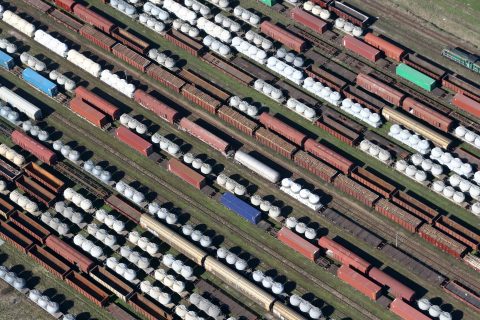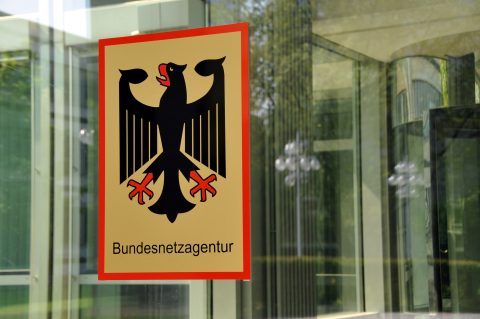EU proposes waiving of track access charges as support measure

The European Commission has proposed a regulation that allows EU Member States to waive or reduce track access charges as well as reservation charges. This is to support railway undertakings, which are facing challenging times due to declining volumes.
The pandemic is having an unprecedented impact on transport in general and the railway sector in particular. It may lead to a large number of insolvencies and liquidity shortages and affect all the supply chain, the European Commission said in its proposal on 19 June.
The waiving
The impact is in particular felt among private and independent rail freight undertakings, says the European Rail Freight Association. “Rail freight volumes are currently experiencing a reduction of roughly 25 per cent of normal and expected volumes. With access charges accounting for between 20-35 per cent of total operational costs borne by rail freight undertakings, the sharp reduction in volumes is impacting on the viability of running services.”
Support measures such as a temporary waiving or reduction of track access charges will provide an appropriate relief during the ongoing crisis”, said ERFA President, Dirk Stahl. “If adopted, the regulation will provide the necessary flexibility for Member States and infrastructure managers to take concrete actions to support the rail freight industry.
Background
ERFA has previously called for the European Commission to propose such support measures. In April, the European Commission states that DG MOVE and DG Competition were working to make possible a further decrease of rail infrastructure charges, and other charges in service facilities (such as parking charges) within the state aid framework. A reduction or waiver of track access charges was hen considered a radical measure.
ERFA Secretary General, Conor Feighan added: “What is now important is that the proposal for a Regulation is adopted by the European Parliament and European Council. ERFA therefore calls for Member States and MEPs to support the proposal in the upcoming legislative process”.
Track Access Charges Summit
The allocation of track access charges is an area of intense debate in the rail sector. On 14 and 15 October 2020 we continue the discussion during the 5th edition of the Track Access Charges Summit. The city of Riga, Latvia, will be the home of the event. What difficulties is Latvia facing and what can you learn from it? And what can we learn from best practices and failures in other countries?
You can register for this event here or check the programme here.
You just read one of our premium articles free of charge
Want full access? Take advantage of our exclusive offer





